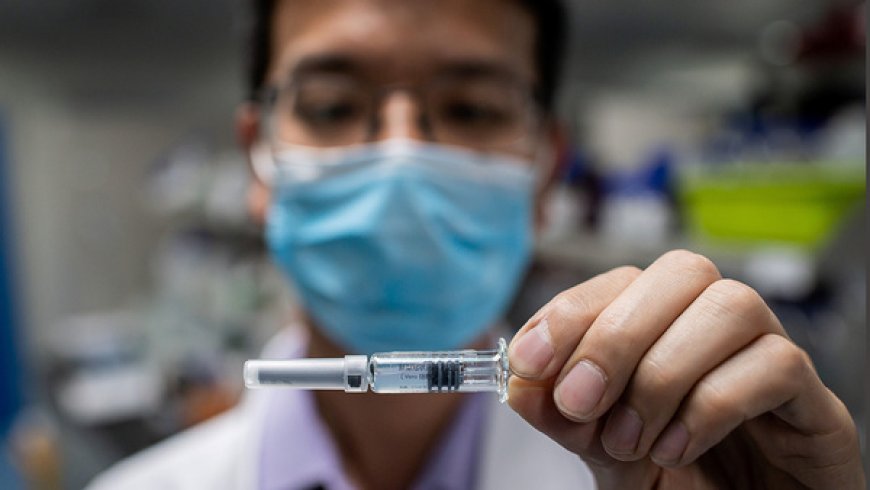DUHS Develops Pakistan's First Indigenous Anti-Rabies Vaccine in Lab-Scale Breakthrough
In a significant achievement, Dow University of Health Sciences (DUHS) has created Pakistan's first locally made human anti-rabies vaccine at a lab scale. This breakthrough is a crucial step towards self-sufficiency in vaccine production and national readiness against rabies, a disease causing thousands of deaths yearly.

In a significant achievement for Pakistan's medical and health sciences, the Dow University of Health Sciences (DUHS) has developed the country's first indigenous human anti-rabies vaccine at lab scale. The vaccine was created using a locally isolated rabies virus strain, marking a crucial step towards self-reliance in vaccine production and national preparedness against the disease that causes thousands of deaths annually.
This is the first time a human vaccine in Pakistan has been developed from a completely indigenous biomolecule. Previously, Pakistan relied on imported Chinese raw material for its limited local production of anti-rabies vaccines, including DUHS's Dow Rab.
The university plans to move forward with clinical trial batch manufacturing and aims to obtain approval from the Drug Regulatory Authority of Pakistan (DRAP) to bring the vaccine closer to large-scale national use.
The development comes at a time of concern about Pakistan's current vaccine supply model, which heavily depends on imports. The country imports most of its vaccines, including those under the Expanded Programme on Immunisation (EPI), at a significant annual cost, with support from international donors like GAVI, the Vaccine Alliance, UNICEF, and the WHO.
However, this support is temporary, and with GAVI's assistance set to end by 2031, the cost of importing vaccines is projected to rise substantially. The new indigenous vaccine is seen as a critical step towards Pakistan's vaccine independence by public health experts.
Rabies, a preventable disease primarily transmitted through dog bites, remains a significant health concern in Pakistan. The new vaccine, once approved, could reduce the country's dependency on imported anti-rabies vaccines, ensuring continuous availability and addressing access gaps, especially in rural areas where dog-bite cases are common.
The vaccine development project received support from the World Bank and was implemented through the Higher Education Commission (HEC). Dow University's achievement was made possible by its development of a locally isolated rabies virus strain, a milestone in Pakistan's biomedical research.
This breakthrough is expected to pave the way for reducing vaccine dependence in the country, with plans for pilot production and clinical approval in the near future.
According to the source: Profit by Pakistan Today.
What's Your Reaction?
 Like
0
Like
0
 Dislike
0
Dislike
0
 Love
0
Love
0
 Funny
0
Funny
0
 Angry
0
Angry
0
 Sad
0
Sad
0
 Wow
0
Wow
0

















































































































































































